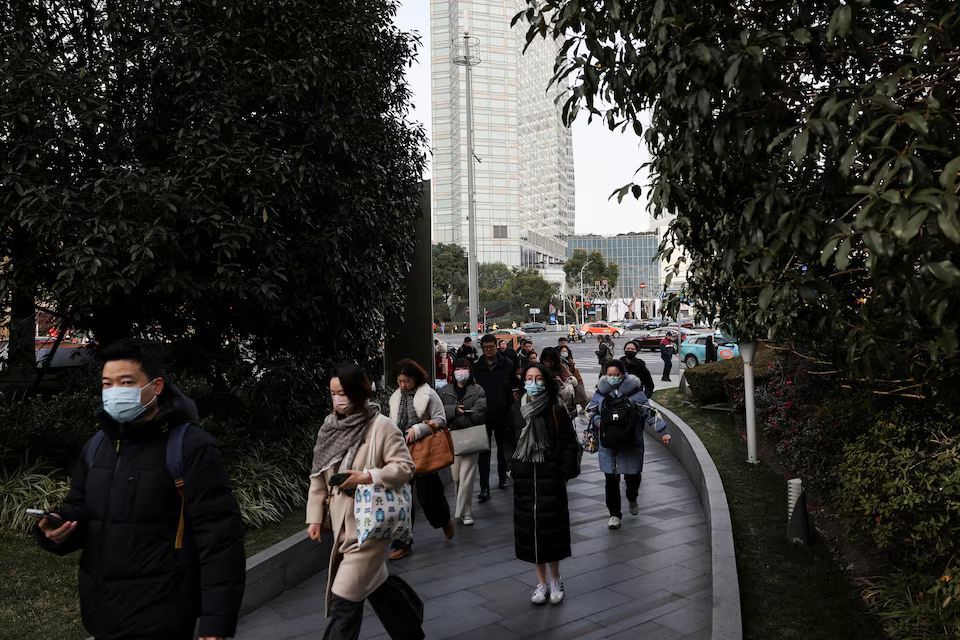The future role of Artificial Intelligence (AI) in transforming jobs across countries with varying levels of human development remained largely uncertain, according to a new United Nations report.
It was unclear whether AI would ultimately automate or enhance employment, the 2025 Human Development Report by the United Nations Development Programme (UNDP) observed. The trajectory, it noted, would depend on the pace of technological change and the policy choices made by governments in response.
“AI invites new ways of exploring how economies at all income levels can harness its potential to advance human development. But the task is particularly urgent for low- income and many middle- income countries,” read the report.
The report underscored the critical role of AI in shaping the next chapter of human development. However, it warned that developing regions were witnessing a marked slowdown in Human Development Index (HDI) progress. The gap between countries with very high and low HDI scores, which had narrowed for decades, had begun to widen again over the past four years.
Despite this, AI presents an opportunity for progress. AI adoption is expected to rise across key sectors tied to HDI, including education, healthcare and employment. The report cited survey data showing that while only 14.4 per cent of respondents in low, medium and high HDI countries had used AI in the past month, 66 per cent expected to do so within a year.
Still, the report pointed to hurdles in low HDI countries. Many nations could bypass traditional pathways of economic development, moving directly from agriculture to services without building a strong manufacturing base. This “skipped step” could limit employment opportunities and long-term industrial growth.
“The narrowing of pathways for low- and middle- income countries is related in part to the automation bias of the ongoing digital transformations,” the report stated. “But AI offers new options if opportunities to complement rather than replace work are explored.”
Even as lower-income countries expanded their talent pools, the report cautioned that systematic gaps in computing infrastructure, data access and institutional support could lead to net losses. Skilled workers from these countries might continue to migrate to higher-income economies in search of better opportunities.
Mixed picture for India
India ranked 130 out of 193 countries on the Human Development Index in 2023, with its HDI value rising from 0.676 in 2022 to 0.685, remaining within the medium human development category.
Notably, India was the only low- or middle-income country among the top 10 in the Global AI Index, with the highest level of self-reported AI skills penetration. The country also showed improved retention of domestic AI talent: 20 per cent of Indian AI researchers reportedly remained in India in 2023, compared to almost none in 2019.
AI was already being used in sectors such as agriculture, healthcare and public service delivery, the report stated. However, India had yet to develop a legally binding regulatory framework for AI-related products and services. The current policy approach focused on innovation and creating an enabling ecosystem for AI adoption.
Despite these gains, India continued to face challenges in improving its HDI. The report highlighted persistent income and gender disparities as major barriers to inclusive development.




















